
HAVANA, Feb. 23 (Xinhua) -- Russian Prime Minister Dmitry Medvedev's latest tour to Brazil and Cuba strengthened Moscow's ties with the two Latin American countries by sealing bilateral economic and defense deals.
The four-day visit, which ended on Saturday, further enhanced Moscow's presence in Latin America four years after Medvedev, then in the capacity of Russian president, marked Moscow's high-profile return to the so-called backyard of Washington in a tour in November 2008.
In Cuba, Medvedev signed 10 bilateral agreements in areas such as education, health, hydrometeorology, aeronautics and space technology.
The most eye-catching was a new accord governing Cuba's outstanding debt to Russia, which is estimated to be at about 30 billion U.S. dollars and has been a thorn in bilateral relations.
"We signed various important and useful agreements," Cuban daily Granma quoted Medvedev as saying, adding that the Cuban government also agreed to purchase three commercial aircraft from Russia.
Medvedev said that the bilateral relations between Russia and Cuba are historical, solid, strategic, and are on an upward path, official news agency Prensa Latina reported.
Medvedev stressed that there were no obstacles in enhancing cooperation with Cuba in economy, humanitarian affairs and administration, adding that the two countries had wide prospects for developing and enhancing the links in energy, industry, advanced technology, medicine and space.
He called on Moscow and Havana to strengthen bilateral trade, which stood at about 214 million U.S. dollars in 2011.
Cuban President Raul Castro also expressed satisfaction with his talks with Medvedev, Granma reported on Saturday.
"It has been a good visit," said Castro after Medvedev wrapped up his three-day visit to Cuba, where he also met with former leader Fidel Castro.
This was Medvedev's second trip to Cuba. He visited the island country as head of state in 2008, during which he pledged to further political and economic ties with the traditional partner in the Caribbean Sea.
Russia was Cuba's main political and economic ally for three decades. After the disintegration of the former Soviet Union in 1991, their relations cooled off, but since 2005, both countries have been working intensively to rebuild their ties.
In Brazil, Medvedev and President Dilma Rousseff agreed to negotiate the purchase of Russia's anti-aircraft defense systems, jointly develop defense products and transfer technology to Brazilian defense companies without restrictions.
Brazil is interesting in buying Russia's medium-range surface-to-air Pantsir S1 combined missile and artillery batteries and Igla-S shoulder-held missiles, in part to beef up security during the World Cup soccer tournament next year and the 2016 Olympic Games.
Contract negotiations are expected to begin in March, the two governments said in a statement.
Russia and Brazil also aimed to boost their annual trade volume to 10 billion dollars from the current level of 6.5 billion, Medvedev told local media.
His trip came on the heels of a visit by Rousseff to Moscow in December that underlined the importance of building relations among the BRICS bloc of emerging countries.
As a sign of the two countries moving closer, Brazil on Tuesday became the first country outside Russia to host a monitoring station for the Russian satellite navigation system GLONASS, a global positioning system that uses 24 satellites.
Brazil is now Russia's largest trading partner in Latin America, with remarkable cooperation in energy, military technology and space.
Russia aimed to develop cooperation with Brazil in "all areas," including military technology, Medvedev told Globo TV.
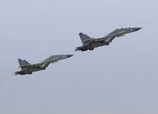

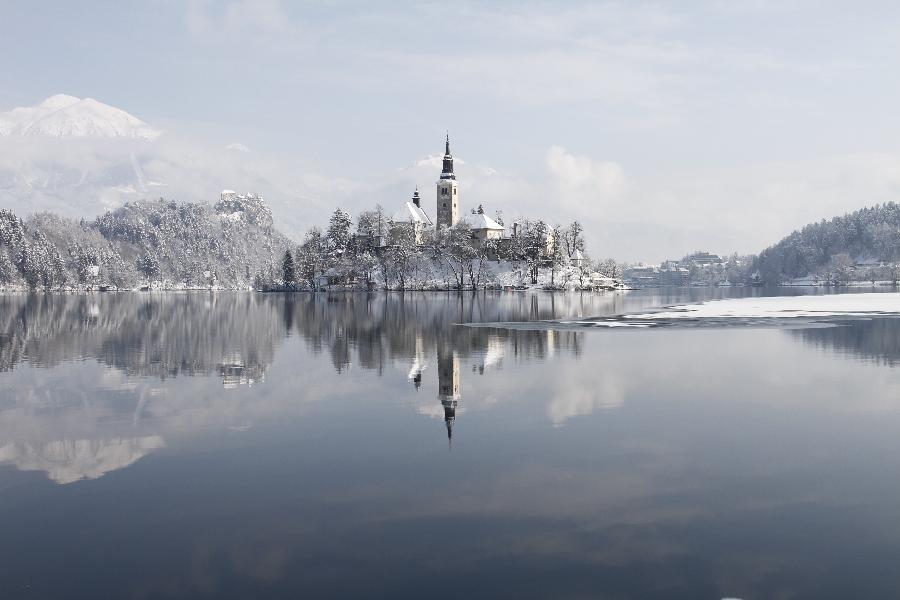


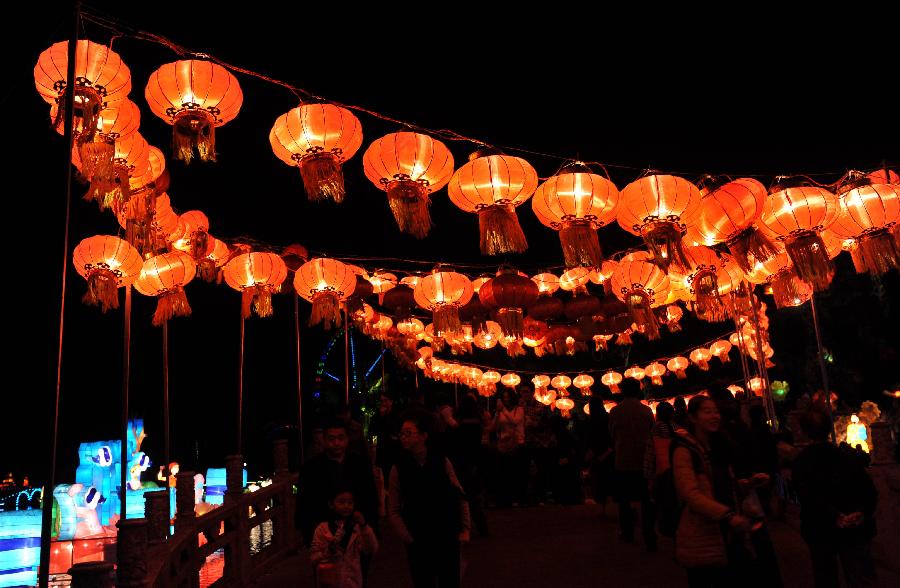


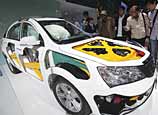
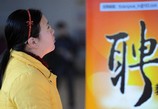






 Provocative propaganda on environmental protection leaded by Chen Guangbiao
Provocative propaganda on environmental protection leaded by Chen Guangbiao


![]()
